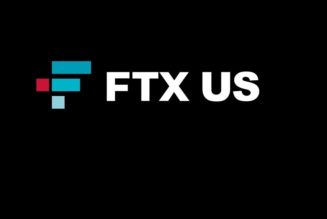Economy
Education gets Sh62bn more in mini- budget
Friday October 27 2023

Education Cabinet Secretary Ezekiel Machogu. FILE PHOTO | NMG
The education sector will receive a third of the Sh187.3 billion mini-budget, the first in the 2023–24 spending plan to cater for multiple shortfalls in the capitation of the docket.
The allocation to the sector in the supplementary budget submitted to the National Assembly on Thursday shows that the sector will receive Sh62.1 billion in the proposed additional appropriations.
The State Department for Higher Education and Research will receive an additional 29.3 billion, taking the unit’s total budget for the year to June to Sh157.9 billion from Sh128.6 billion.
Read: Ruto fails to cut spending in first supplementary budget
“The increase is on account of a shortfall for scholarships for university students, for Higher Education Loans Board (Helb) and Open University,” the Treasury said in submissions to Parliament.
The Teachers Service Commission (TSC) is scheduled for an increased allocation of Sh19.7 billion for teachers’ resource management, signalling the recruitment of tutors to alleviate a biting shortage, which has been exacerbated by the roll-out of the competency-based curriculum.
The State Department for Vocational and Technical Training will receive an additional Sh4.1 billion, improving its overall allocation for the fiscal year to Sh32.5 billion.
“The increase is on account of a shortfall for the new funding model for technical vocational education training-TVET,” the Treasury added.
The funding to universities and TVETs has drastically changed from this year, where students will no longer receive grants as financing will now depend on individual student’s needs.
The mini-budget has provisioned for an additional Sh5.3 billion for secondary education.
Previously, funding to universities was based on the differentiated unit cost model which allocated funds to institutions based on the number of undergraduate students registered on the regular programme and the type of courses they undertake.
The State Department of Basic Education will also see its allocation rise by Sh8.9 billion with the bulk of additional funding or Sh4.4 billion catering for the provision for shortfall for Junior Secondary School capitation and the Kenya National Examination Council.
Read: Auditor General probes supplementary budgets
The increase in funding to basic education comes ahead of the expected rollout of grade eight rollout in January next year.
Additional funds to primary education will serve to address part of the challenges posed by the rollout of the CBC curriculum which include inadequate infrastructure such as classrooms and educational materials.









